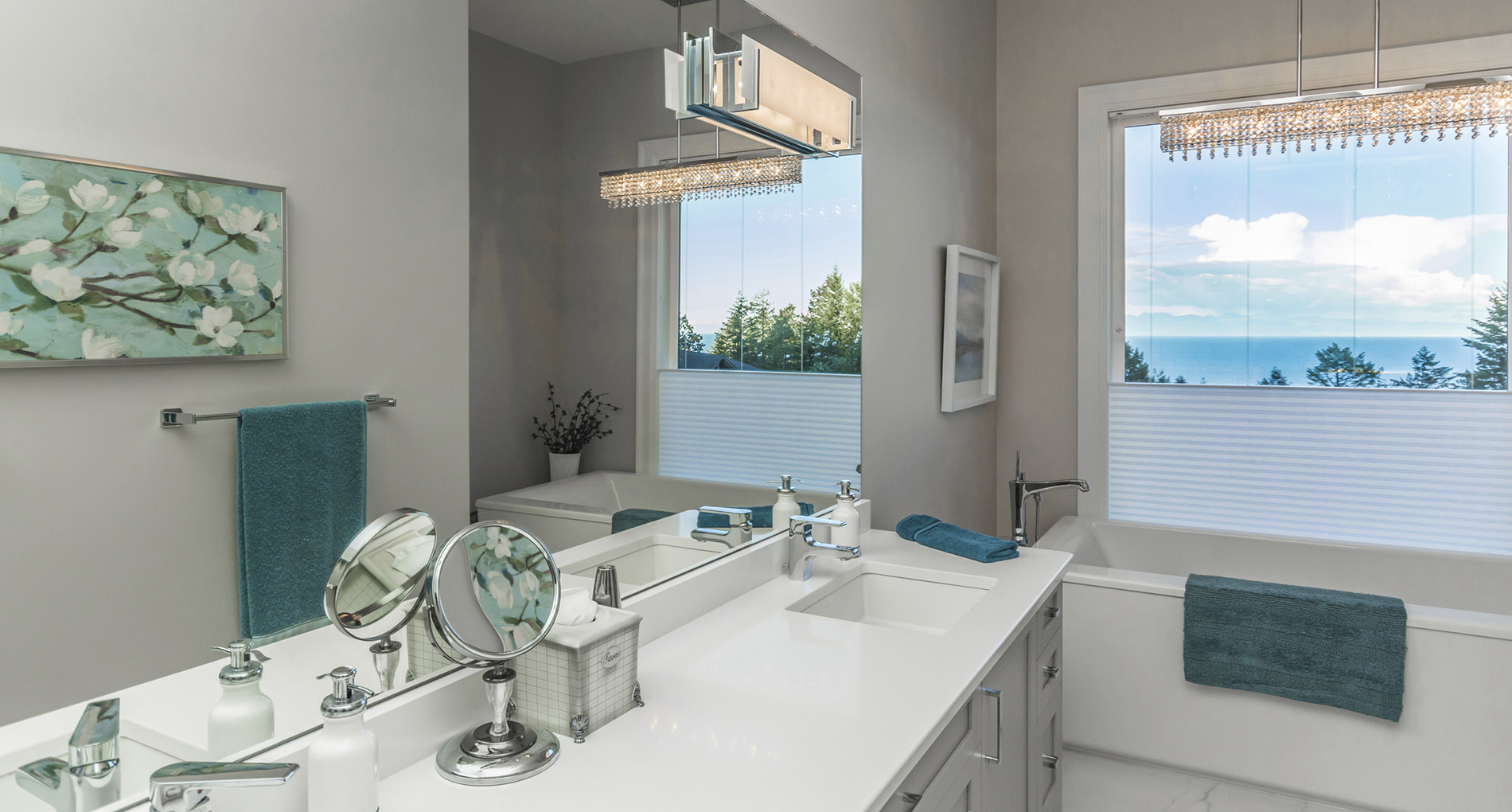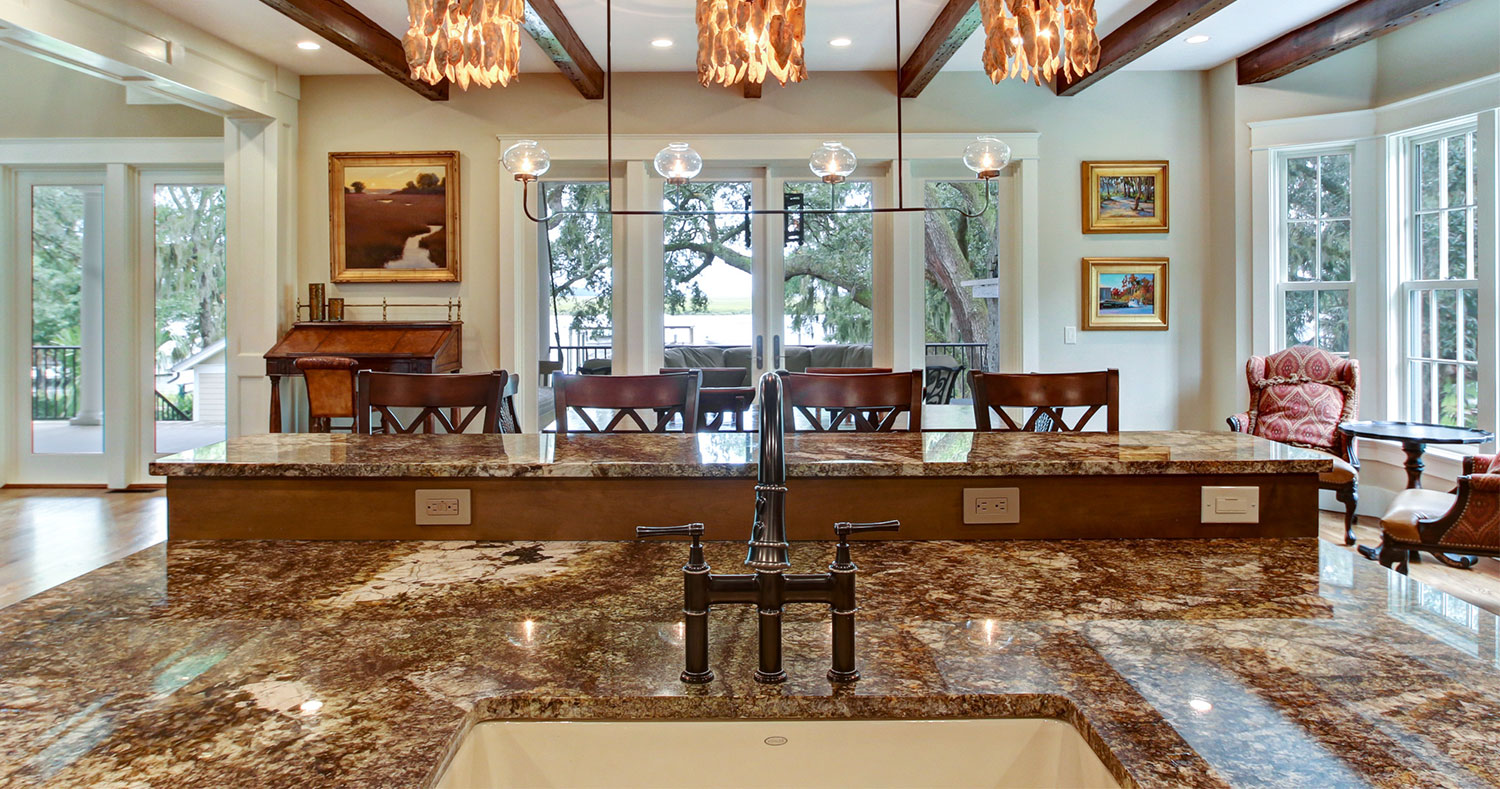Savannah’s treatment department works to provide safe drinking water clear of microbes, inorganic contaminants, and any radioactive materials. It sources most of its water from the Floridan aquifer and continuously adopts new standards as the industry evolves. Even so, quality grades are rarely perfect, and household pipes can contaminate your water after treatment. A whole house water filtration system is one way to assure you of absolute purity.
The Most Common Filters

Filters are categorized into a handful of common types, each of which has sub-varieties.
- Carbon removes most contaminants, including microbes, fungi, and pesticides by absorbing impurities. Some filters use a block of carbon, while others use activated carbon. Many options push water through an additional membrane as an extra defence. The density of your carbon determines the debris it’s able to filter out.
- Chloramine removes more than ordinary chlorine can, so some cities use it as part of their treatment process. It’s a toxin in its own right, though, and Savannah uses it as a disinfectant, so you’ll need to filter it out. To do so, you need a high-quality carbon, KDF, or reverse osmosis filter.
- Scale Inhibitors keep your water free of crystals and coatings caused by fluctuating temperatures and water pressures. These crystals can make your water hard, inhibiting foam and staining your sinks. Anti-scale and corrosion filters generally use an ion exchange process to replace calcium and magnesium with potassium or sodium.
- UV filters use light to remove biological hazards like viruses and bacteria from water. They don’t filter other toxins, spores, or minerals, so they’re usually combined with other kinds of filters.
- Reverse osmosis systems use a semi-permeable membrane to remove minerals and debris from water. It provides cleaner water but also removes valuable fluoride. If you’re adding this system to your home improvements, it would do you well to begin taking supplements that encourage healthy bones and teeth.
- Micron ratings tell you the size of the particles a filter lets through. The lower the rating, the more particles it leaves behind in your finished product, but those with high ratings require more frequent maintenance. A rating of five or less is intended for drinking water. Most homes won’t need ratings of less than four.
- Activated alumina removes metals and fluoride from water by passing it through a porous film.
- Ceramic filters use a semi-porous film to remove large particles. Those with silver can remove microbes, mould, and algae.
The Case for Whole Home Filters
As their name suggests, tap-based filters protect each faucet, so they need to be attached in every room and cannot be used for showers and appliances. Countertop filtration can process about thirty-five liters an hour. In contrast, three-tap countertop filters give your home a versatile drinking water supply by serving chilled, sparkling, and flat water. Under-the-counter filters are just as isolated, so a whole house filter is the only way to treat every drop that enters your appliances, faucets, and showers. A home-wide system prevents cross-contamination, so it’s the most effective way to achieve absolute water purity.
Savannah’s drinking water can sometimes contains disinfection byproducts. To avoid this and other harsh materials, a whole house filter is an important part of any home improvement. In addition, every home has its own local contaminants. There is no perfect water filter for every home, but Alair Homes will help you find the one for you.
